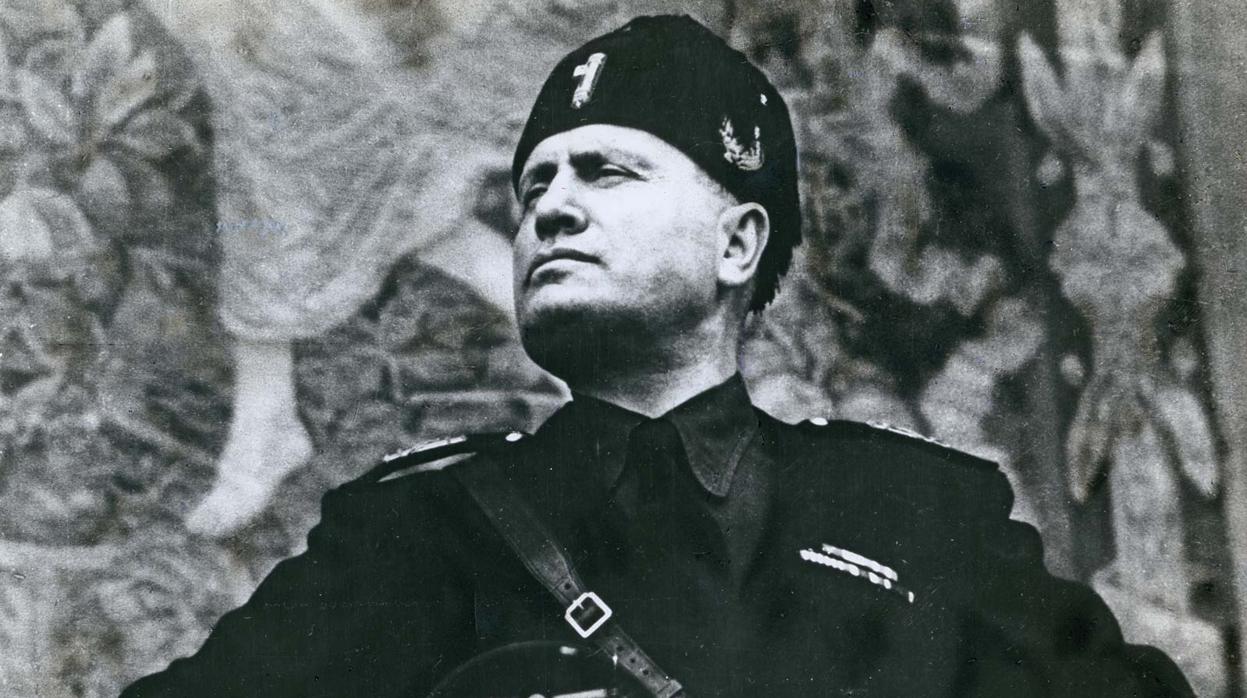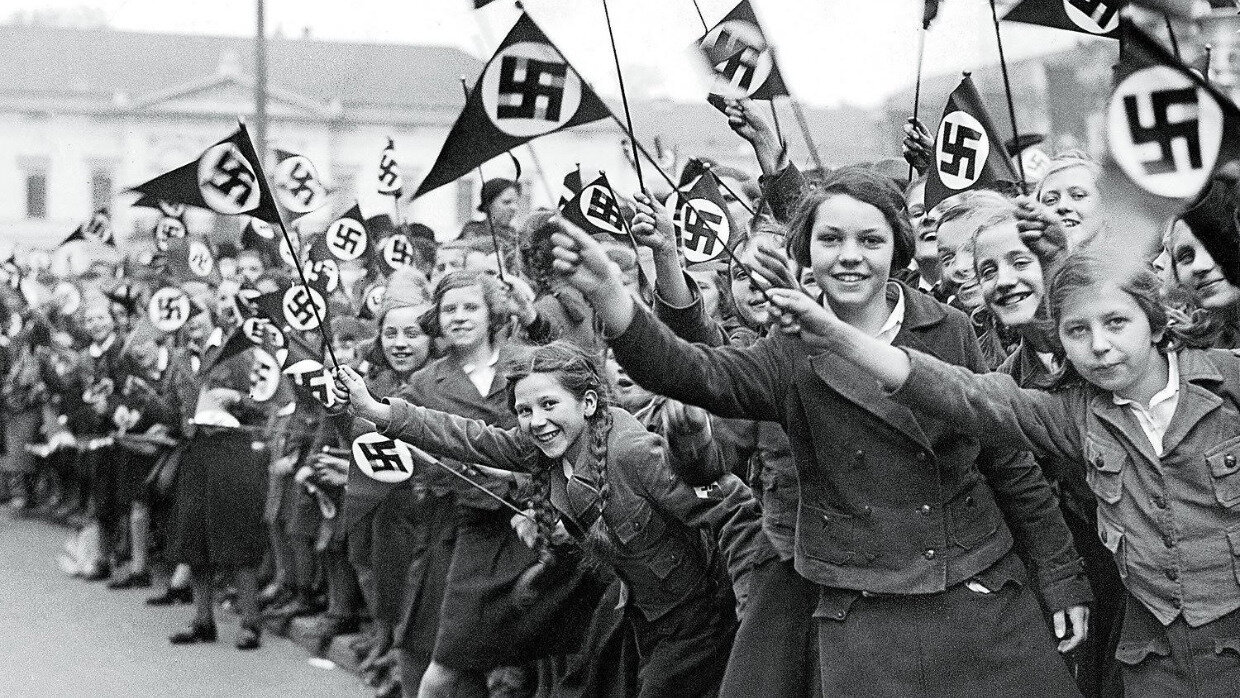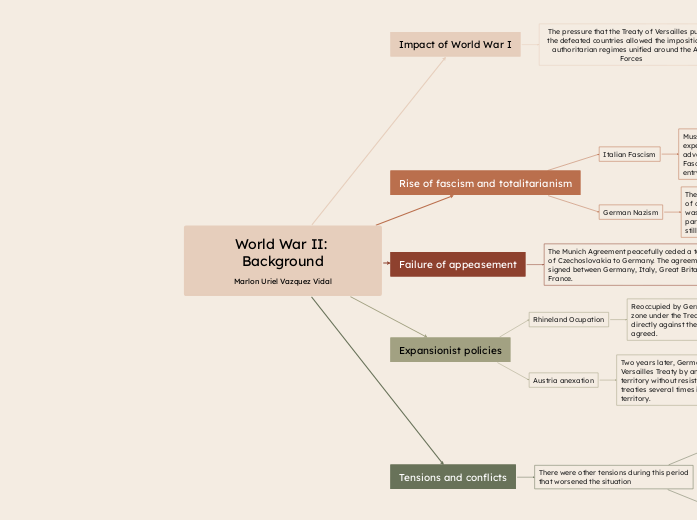World War II: Background
Marlon Uriel Vazquez Vidal
Impact of World War I
The pressure that the Treaty of Versailles put on the defeated countries allowed the imposition of authoritarian regimes unified around the Axis Forces
Agreement signed by
Germany
France

Great Britain
Italy
Rise of fascism and totalitarianism
Italian Fascism
Mussolini wanted Italy to join the war, but got expelled by the Italian Socialist Party for his advocacy for the war. In response, he formed the Fasces of Revolutionary Action, encouraging the entry into the war.

German Nazism
The National Socialist Party was born out of a loss of confidence in the German government, which was unable to control poverty. The leader of this party, Hitler, had a racist ideology, but the party still established itself as a political force.

Failure of appeasement
The Munich Agreement peacefully ceded a territory of Czechoslovakia to Germany. The agreement was signed between Germany, Italy, Great Britain and France.
Nevertheless, months later Hitler violated the agreement and destroyed the Czechoslovak state.
Expansionist policies
Rhineland Ocupation
Reoccupied by Germany, this was demilitarized zone under the Treaty of Versailles. This action was directly against the terms to which Germany had agreed.

Austria anexation
Two years later, Germany again violated the Versailles Treaty by annexing Austria to its territory without resistance. Germany violated the treaties several times in order to expand its territory.

Tensions and conflicts
There were other tensions during this period
that worsened the situation
Japanese Invasion
of China
In this conflict the Japanese occupied China and committed atrocities to the Chinese population.

Spanish Civil War
was an internal conflict that had as one of its causes that countries supported the National side and others the Republican side, giving them money and weapons.
